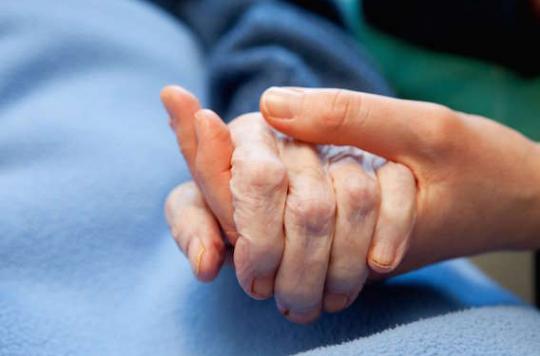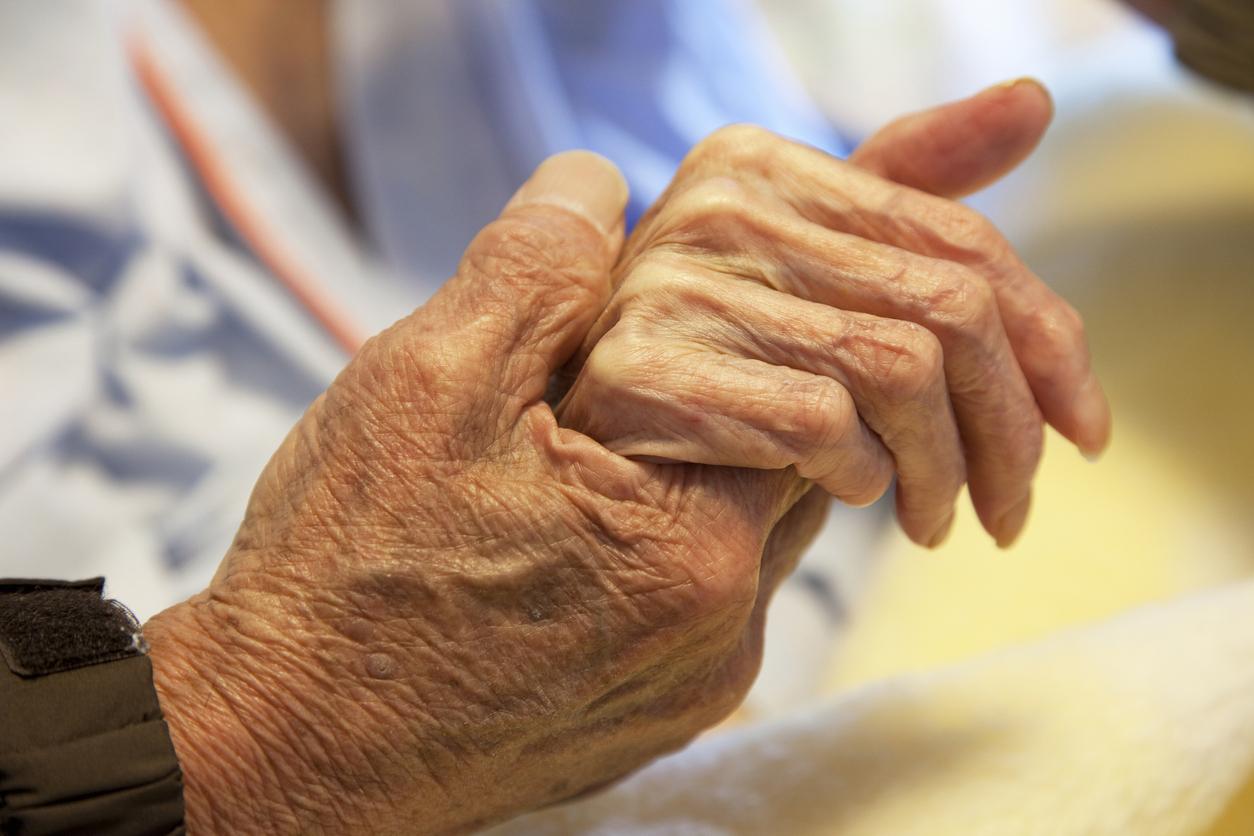In Belgium, most requests for euthanasia for inappeasable mental suffering come from people with depression or personality disorders, according to a study which calls for the development of recommendations.

Across the border, the study may seem astonishing, even shocking. Its authors investigate the reasons which have led human beings in great psychological distress to ask for their death. It takes place in Belgium, one of the few states to authorize euthanasia for psychiatric pathologies.
The works, published in the BMJ Open, review 100 requests for euthanasia recorded between 2007 and 2011, in the German-speaking region of Belgium. All are motivated by unbearable psychic suffering, which neither the therapies, nor the time, manage to appease.
Depression, personality disorders, autism …
During this period, 77 women and 23 men asked to die. At the time, these patients were cared for in outpatient clinics and were undergoing treatment for psychiatric disorders. They were between 21 and 80 years old, with an average of 47 years.
Most of the profiles (90) presented at least one psychiatric illness. The most frequent diagnoses concerned severe depression (58 patients) and personality disorders (50 patients). Other pathologies, such as autism (Asperger’s syndrome), have also been identified. The vast majority of people (73) were found to be unfit for work; almost as many reported living alone.
In the end, nearly half of the euthanasia requests were accepted by the ethics committees and 35 were implemented. In contrast, eight people either canceled or rejected their request, explaining that the mere idea of having a choice allowed them to find enough strength to continue living.
Avoid “unassisted traumatic suicides”
At the time of writing, 43 people had died, including 35 euthanized, the authors explain. Six people committed suicide – one because of waiting times deemed unbearably long, another because her family opposed the euthanasia procedure. A woman died after spending time in a mental hospital. Another died of anorexia nervosa.
Thirty patients died, surrounded by their loved ones, in a “serene” and “positive” environment, note the authors of the study, who insist that these circumstances could not have been met “in the case of a unassisted traumatic suicide ”.
For scientists, the objective of this analysis is to learn more about the origin of these requests and their implementation, while the notion of “unbearable psychological suffering” remains vague. These requests only represent a small part of the requests for euthanasia. Between 2010 and 2011, 2,086 patients were euthanized, including 10% for psychiatric reasons.
The authors of the work therefore call for the development of recommendations to deal with these requests, while taking ethical considerations into account. “It is necessary to put in place clear and detailed protocols, applicable in practice”.
.















